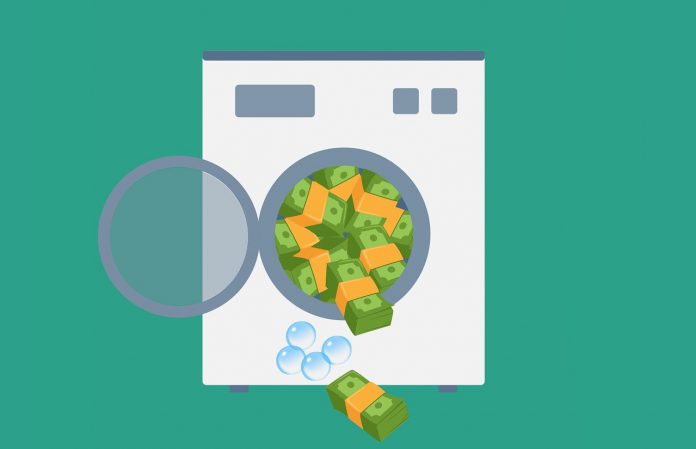From: RegTech Analyst
Banks struggle to detect money laundering and Covid-19 is making the situation worse, according to new research from BAE System.
The researchers found that banks are unable to keep up with the 22 crimes defined by the EU’s 6th Anti-Money Laundering Directive. They seemingly struggled the most with human trafficking.
The research found that 36% of financial services professionals aren’t confident in spotting signs of human trafficking in their customers’ transactions.
A further 28% stated that financial crimes leading to human trafficking already account for significant financial losses for them. And, looking at recent data, the researchers projected that the total cost to financial institutions to detect financial crime stands at $180.9bn globally and at $138.8bn in Europe.
The study pulled data from a survey of 452 respondents working in compliance or risk management across the financial services sector and more than 6,000 consumers in six markets.
Looking at money laundering in particular, 19% professionals polled said they did not have a strategy in place to combat the most heinous money laundering crimes.
The researchers also warned that the Covid-19 pandemic could make situation even worse, with 72% reporting that the coronavirus has impacted their approach to tracking and stopping money laundering and their ability to spend in the short term.
“Money laundering is a challenge that goes way beyond financial risk and corporate reputation,” said Peter Fisher, Financial Crimes Product Director at BAE Systems. “Yet it is also shrouded in opacity. At this moment, criminals are rushing to take advantage of every opportunity to exploit gaps in the global financial system. They look for vulnerabilities in the industry’s defences – whether that’s environmental, jurisdictional, or technological – and it is the role of the financial institutions compliance professional to close these gaps as much as possible.”
Copyright © 2020 FinTech Global











